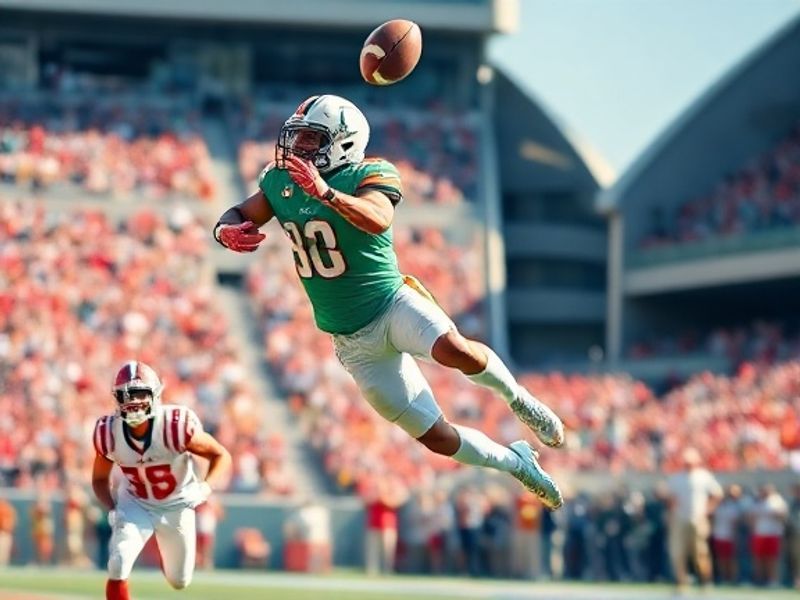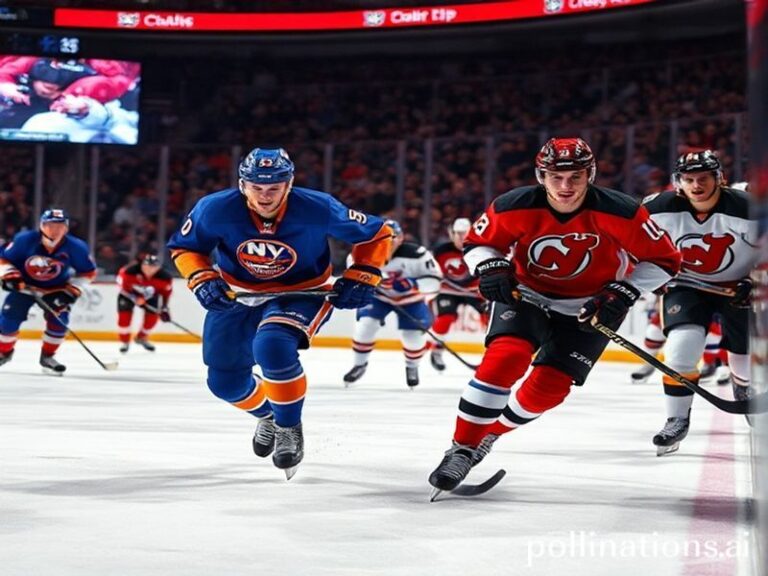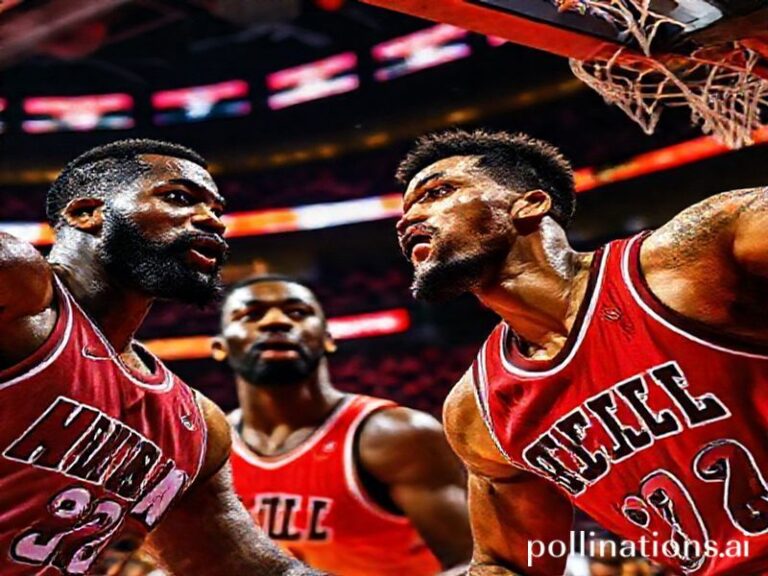Um Football: How One Hesitant Syllable Explains the Entire Global Mess
The Glorious Farce of “Um Football” – A Global Tour of Hesitation, Bureaucracy, and the Beautiful Game’s Beautiful Confusion
By Dave’s Locker International Desk
If you type “um football” into a search engine anywhere outside North America, you will receive 1) a polite correction to “football,” 2) a flurry of American university athletics pages, or 3) an existential crisis in 0.34 seconds. The phrase itself is a masterpiece of inarticulate diplomacy: the hesitant “um” that precedes every international Zoom call, the linguistic shrug that says, “I’m not sure which code of football we’re about to insult today, but let’s all pretend we’re on the same page.” In that tiny syllable lies our entire geopolitical moment—vague, anxious, and sponsored by a betting app.
From Lagos to Liverpool, the global game has always been less about sport and more about who controls the narrative. Nigeria’s Super Eagles just renamed their stadium after a fintech company whose logo looks suspiciously like a colonial bank note. Meanwhile, FIFA’s Gianni Infantino jets between summits promising a 48-team World Cup because nothing says “legacy” like cramming two more nations into a penalty-shootout lottery. The “um” is silent but deadly: it is the pause before the Qatari delegate clears his throat to explain how many carbon offsets equal one migrant worker’s lifetime.
Europe, ever the continent of principled contradictions, banned Super League breakaways while simultaneously selling Monday night matches to streaming services that crash faster than a crypto exchange. British pundits now lecture fans on “financial sustainability” between segments hawking NFTs of Harry Maguire’s forehead. In Spain, Barcelona’s balance sheet is held together by Spotify playlists and the hope that Gavi’s kneecaps remain in their original packaging. The “um” here is audible: a collective gulp every time the accountant opens Excel.
Asia has embraced the uncertainty with entrepreneurial gusto. China’s once-booming football dream has been downgraded from “World Cup 2030” to “Maybe the AFC U-23 Cup if COVID lets us leave our apartments.” Japan’s J-League just unveiled a metaverse stadium where spectators’ avatars can boo the referee without fear of lifetime bans—progress, provided the Wi-Fi holds. And in India, cricket’s jealous cousin ISL is busy signing aging European strikers whose knees still remember the 2010 Champions League. The “um” is subtitled in four languages and interrupted by a mandatory crypto ad.
South America remains the spiritual home of glorious, chaotic sincerity. Uruguay’s FA recently proposed a joint centenary World Cup with Argentina, Chile, and Paraguay, a plan charmingly oblivious to the fact that three of the four economies currently run on barter and Lionel Messi’s smile. Brazilian club presidents still disappear mid-press conference when the tax authorities arrive; the live feed cuts to a graphic reading “Technical Difficulties,” which is Portuguese for “executive helicopter to Paraguay.” The “um” here is accompanied by a samba whistle and the distant thud of tear gas.
Africa’s relationship with the sport is the most brutally honest. Ghana’s government just cancelled a $25-million stadium deal because someone finally Googled “cost of steel.” Senegal’s AFCON triumph was celebrated by fans who then returned to queue for visas to watch the same players in Ligue 1. The Confederation of African Football’s new headquarters, built with “gifts” from a generous sponsor, features a moat rumored to be filled with missing development funds. The “um” echoes off marble corridors, unanswered.
And then there is the United States, where “football” is still debated by people wearing helmets and existential dread. The USMNT’s recent World Cup showing—plucky, photogenic, eliminated—was hailed as a cultural turning point, much like the previous seven turning points since 1994. MLS franchises continue to spring up faster than craft breweries, each unveiling an artisanal crest that looks like a Scandinavian airport. The “um” here is monetized: a trademarked hesitation, available as an NFT.
Conclusion: The world’s inability to define “football” without a nervous throat-clear is not a bug; it’s the entire operating system. We are all stuck in the same awkward pause, waiting for VAR to decide if this civilization is offside. Until then, every Saturday brings the same ritual: billions huddle around screens, chanting at millionaires who can’t hear us while oligarchs in skyboxes tally soft-power dividends. The final whistle never comes; there is only the eternal “um,” looping like a buffering stream. Somewhere, a child kicks a plastic bottle across a dusty alley and scores the only goal that still matters. The rest of us refresh the page and hope the odds haven’t changed.







